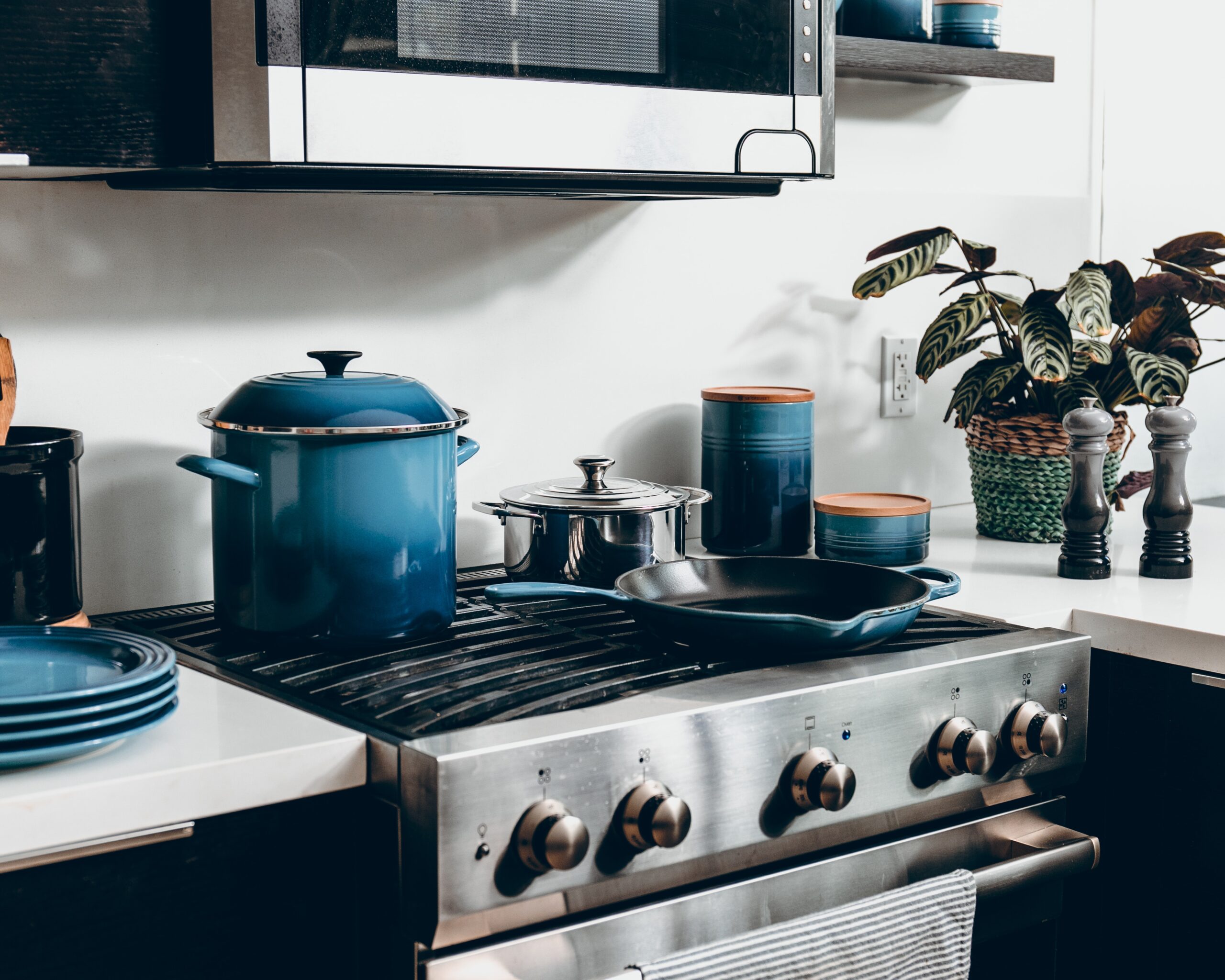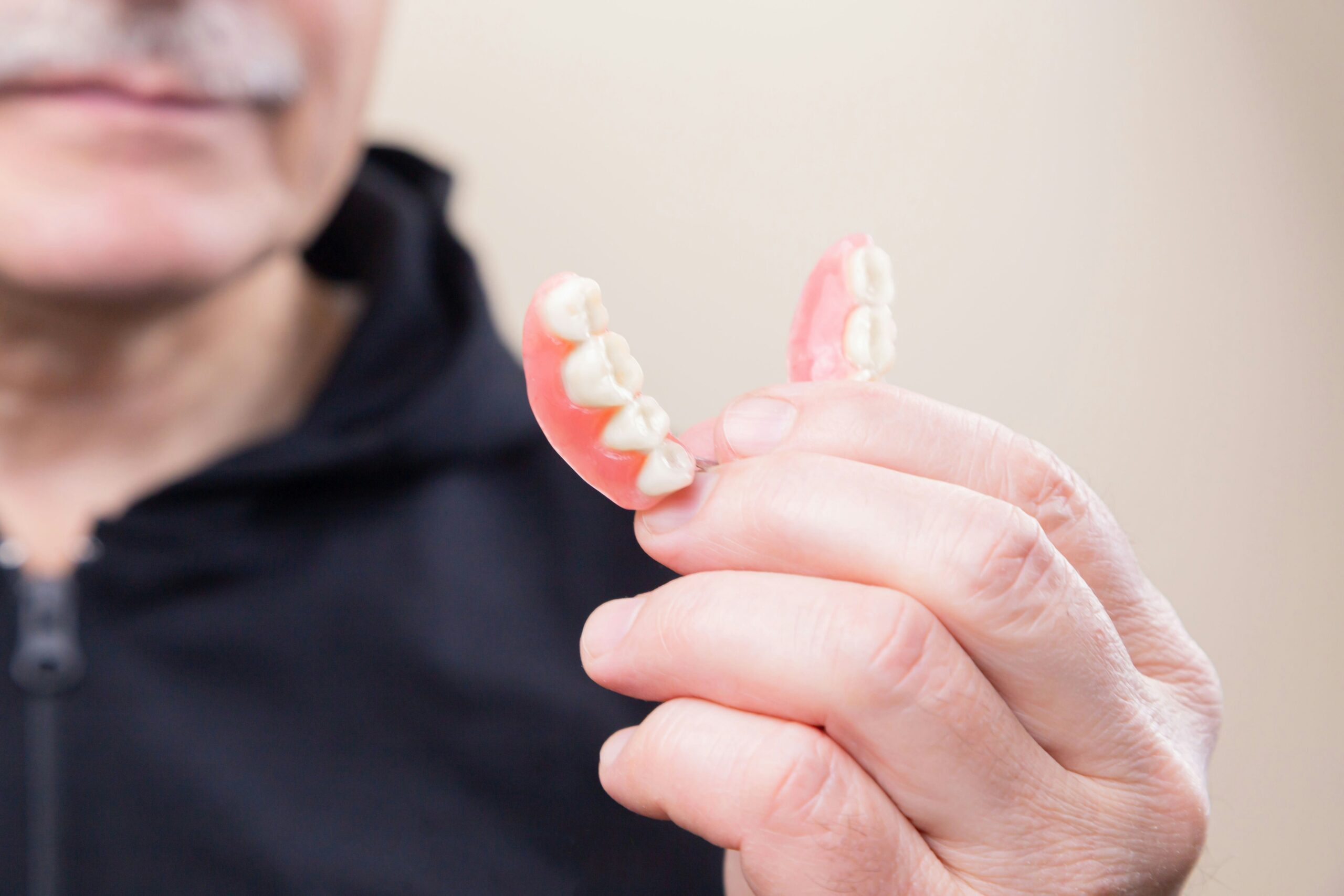How Long to Boil Eggs: the Best Way to Cook Perfect Eggs Every Time
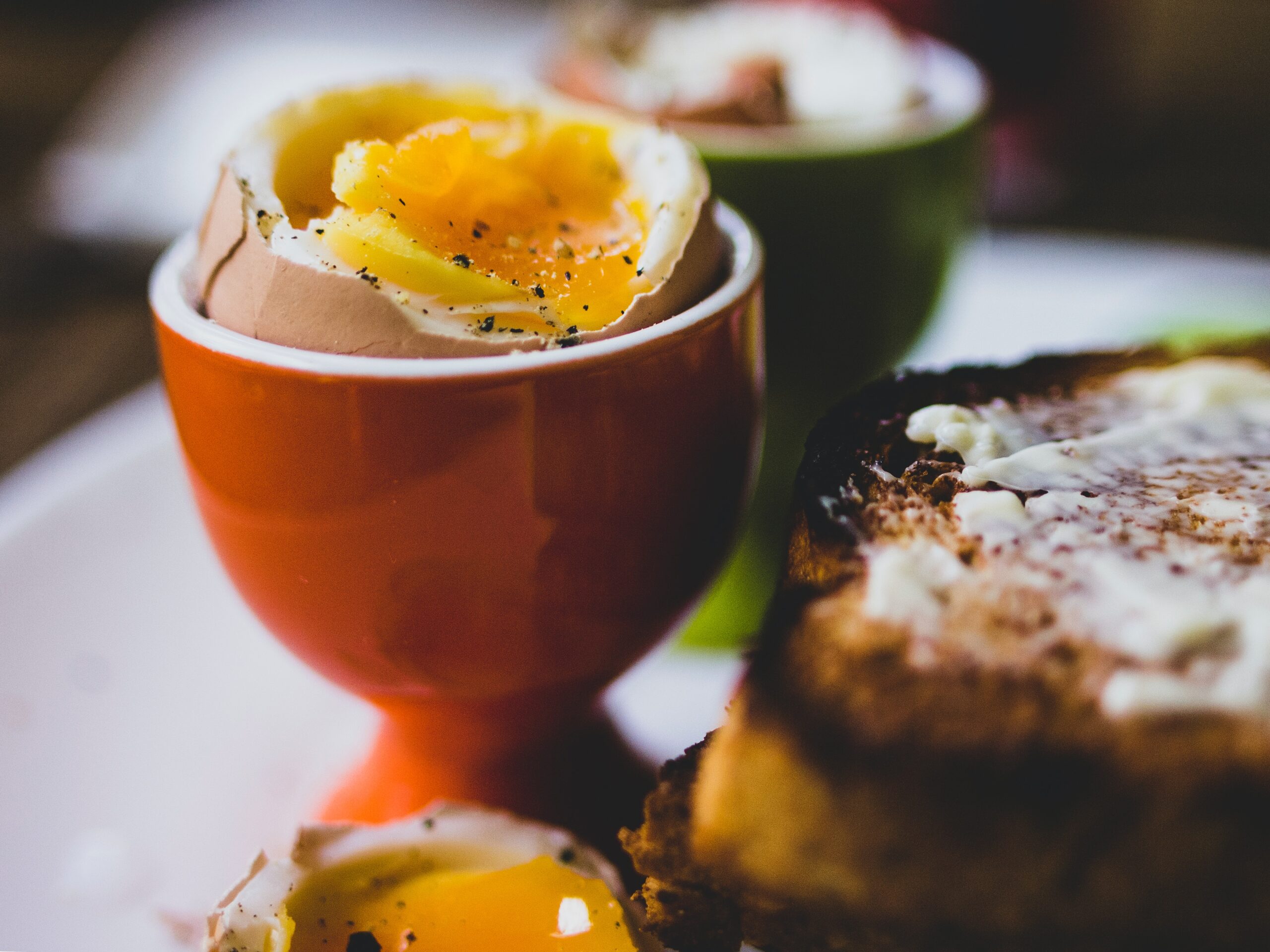
Crafting flawless hard-boiled eggs requires a simple yet precise approach. Follow these straightforward steps for optimal results:
- How Long to Boil Eggs: the Best Way to Cook Perfect Eggs Every Time
- How do you know when boiled eggs are done?
- Do you put eggs in cold or boiling water?
- How to Hard-Boil Eggs Perfectly Every Time?
- What happens if you don't boil eggs long enough?
- Can you overcook a hard boiled egg?
Begin by filling a generously sized pot with an ample amount of water, ensuring that it will adequately cover the eggs. Place the pot on the stove and set the heat to medium-high, allowing the water to come to a vigorous boil.
With a slotted spoon in hand, delicately immerse the eggs into the boiling water. Once all the eggs are gently placed, cover the pot, decrease the heat to a gentle simmer, and let them cook for precisely 10 minutes.
After the cooking time elapses, carefully drain the hot water from the pot. To expedite the cooling process, transfer the eggs to a bowl filled with ice water or alternatively, run them under a stream of cold water until they reach a completely cooled state.
By adhering to these easy-to-follow steps, you’ll consistently achieve the perfect hard-boiled eggs with a tender and evenly cooked yolk.
How do you know when boiled eggs are done?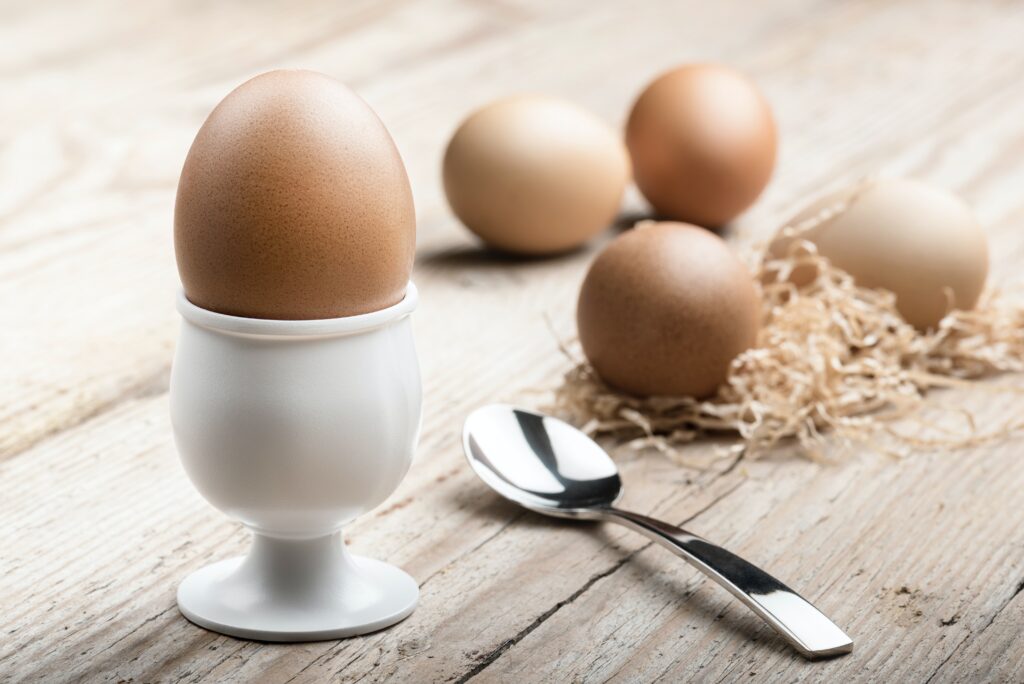
Achieving the smoothest egg-peeling experience is linked to selecting the right eggs from your refrigerator. Opt for those that have been refrigerated the longest, as the aging process makes the peeling considerably easier.
To peel a hard-boiled egg effortlessly, start by tapping the egg on a sturdy surface to create cracks all over the shell. Next, roll the egg between your hands to loosen the shell. Initiate the peeling process from the larger end of the egg. For added ease, hold the egg under cold running water or dip it into a bowl of water to facilitate the shell’s removal.
When stored with the shell intact in a sealed container, hard-boiled eggs maintain their freshness for up to a week in the refrigerator.
For a quick distinction between hard-boiled and raw eggs, indulge in a spin! A hard-boiled egg will spin smoothly and evenly, while a raw egg will exhibit a wobbly motion during the spin. This simple yet effective method ensures you can effortlessly identify the state of your eggs with a playful spin test.
Do you put eggs in cold or boiling water?
If you’re on the verge of immersing raw eggs into a pot of boiling water, halt your actions right away.
The key to perfect hard-boiled eggs lies in commencing the process with cool water. Elevating the temperature of both the water and eggs simultaneously promotes uniform cooking and minimizes the risk of cracking.
Here’s a crucial piece of advice: Initiate the procedure with cold water. Arrange the eggs in a saucepan and ensure they are fully submerged, then cover them with cold water. This simple yet essential step sets the foundation for achieving flawlessly hard-boiled eggs.
How to Hard-Boil Eggs Perfectly Every Time?
The most effective method I’ve discovered for preparing perfect hard-boiled eggs involves the use of a timer. Begin by arranging large eggs in a single layer within a saucepan, ensuring they are covered with water by approximately 1 inch. Place the pan on medium-high heat and bring it to a boil. Once the water starts to bubble vigorously, lower the heat to maintain a gentle simmer, and let the eggs cook for precisely 10 minutes for hard-boiled, 6 minutes for medium-boiled, and 4 minutes for soft-boiled eggs. (Personally, I favor Oxo’s Triple Timer for its versatility, allowing you to manage multiple timers simultaneously on one device—ideal for cooking a variety of eggs simultaneously!)
After the designated cooking time, promptly transfer the eggs to a bowl filled with ice water, allowing them to cool until easily handled. Subsequently, peel the eggs for use in delightful dishes such as deviled eggs, egg salad, or as a flavorful salad topping. This meticulous timer-guided approach ensures consistently well-cooked eggs for a variety of culinary applications.
What happens if you don’t boil eggs long enough?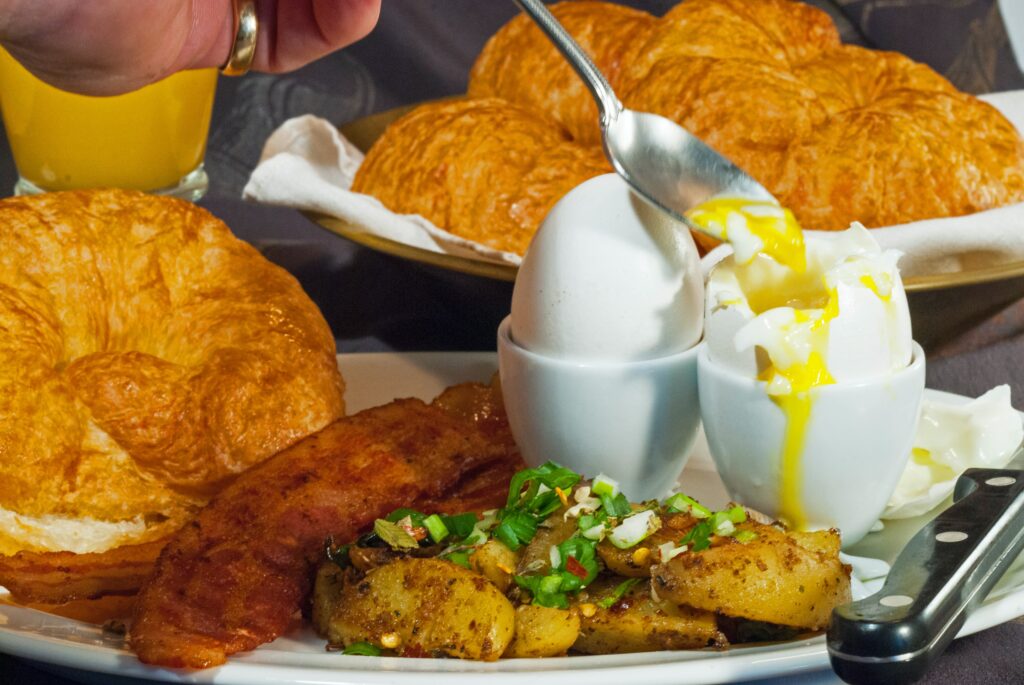
Have you ever had that nagging feeling that your boiled eggs might be undercooked, or did a tiny crack reveal that your batch needed a bit more time?
Fear not, for as long as an egg’s shell remains intact, you can easily return it to hot water and continue the cooking process.
However, those who have attempted to salvage a cracked egg in the pot understand the futility of trying to reboil a compromised egg.
How to Reboil an Egg: The optimal approach to rescue an under-boiled egg involves reintroducing it to hot water. This can be done either by reboiling directly on the stove or by placing the eggs in a heat-resistant bowl and pouring hot water over them.
Important Note: Avoid using the microwave for boiled or partially boiled eggs, as this may lead to explosive results.
The Stove Method:
- Add cold water and eggs to a pot, bringing the water to a boil.
- Once the water reaches a boil, remove the pot from the heat source and continue cooking the eggs until they achieve your desired doneness (at least an additional 3 to 5 minutes, longer if the yolk was very runny).
- Drain the hot water, rinse the eggs with cold water, and savor your perfectly cooked eggs.
The Bowl Method:
- Transfer the eggs to a bowl or container capable of withstanding boiling water.
- Boil water on the stove or using a kettle. Slowly pour the hot water into the bowl until the eggs are fully submerged.
- Cover the bowl with a lid and let it sit until the water cools.
- Remove the eggs from the water and assess their doneness.
These methods offer a reliable way to salvage and ensure your eggs are cooked to perfection, allowing you to enjoy them without the worry of undercooking.
Can you overcook a hard boiled egg?
The initial indication that your boiled eggs spent too much time on the stove becomes apparent when the yolks exhibit a peculiar grayish hue or appear to be disintegrating. In instances of over-boiling, the yolk might even adopt a greenish tint instead of the usual yellow. The excessive cooking, especially at elevated temperatures, triggers a chemical reaction between the sulfur in the egg whites and the iron in the yolk, leading to the formation of green ferrous sulfide. Another telltale sign of overcooking is a sulfuric odor emanating from the eggs after peeling. While consuming overcooked eggs isn’t harmful, it’s essential to note that their taste may be compromised.
To circumvent the issue of over-boiling in the future, remove the eggs from the stove as soon as the water begins to boil. Place a lid over the pot and let the eggs continue cooking without direct heat for a minimum of 10 minutes and a maximum of 15. Alternatively, if you prefer leaving the eggs on the burner, promptly transfer them to cold water once the cooking time concludes to halt any residual cooking from their retained heat. Armed with these guidelines, you can consistently prepare perfectly boiled eggs, ensuring an optimal balance between cooking time and quality.



